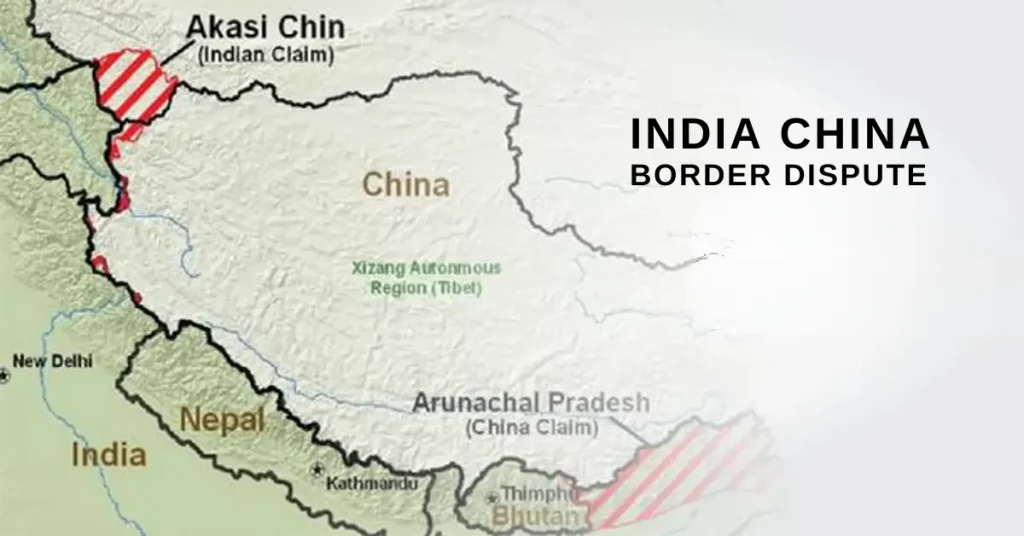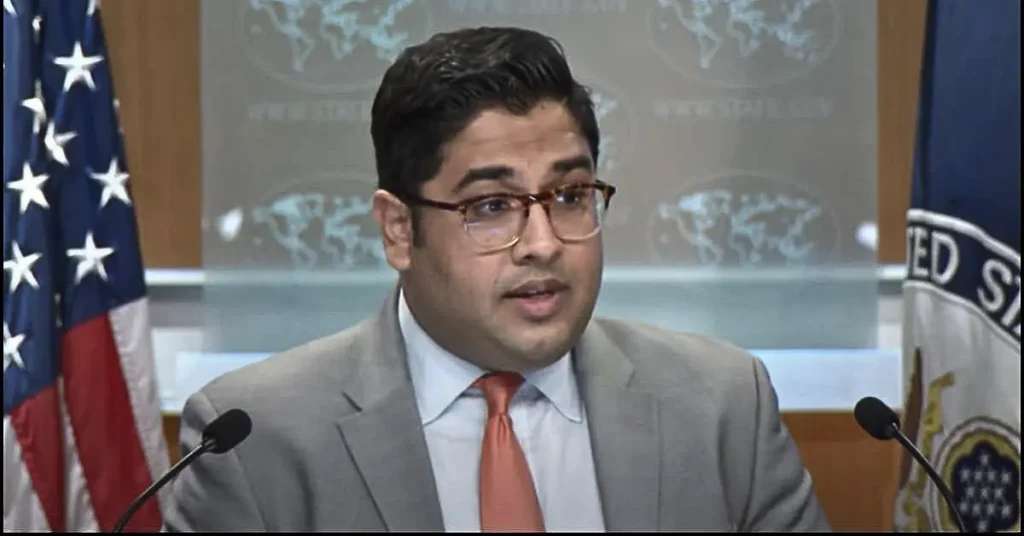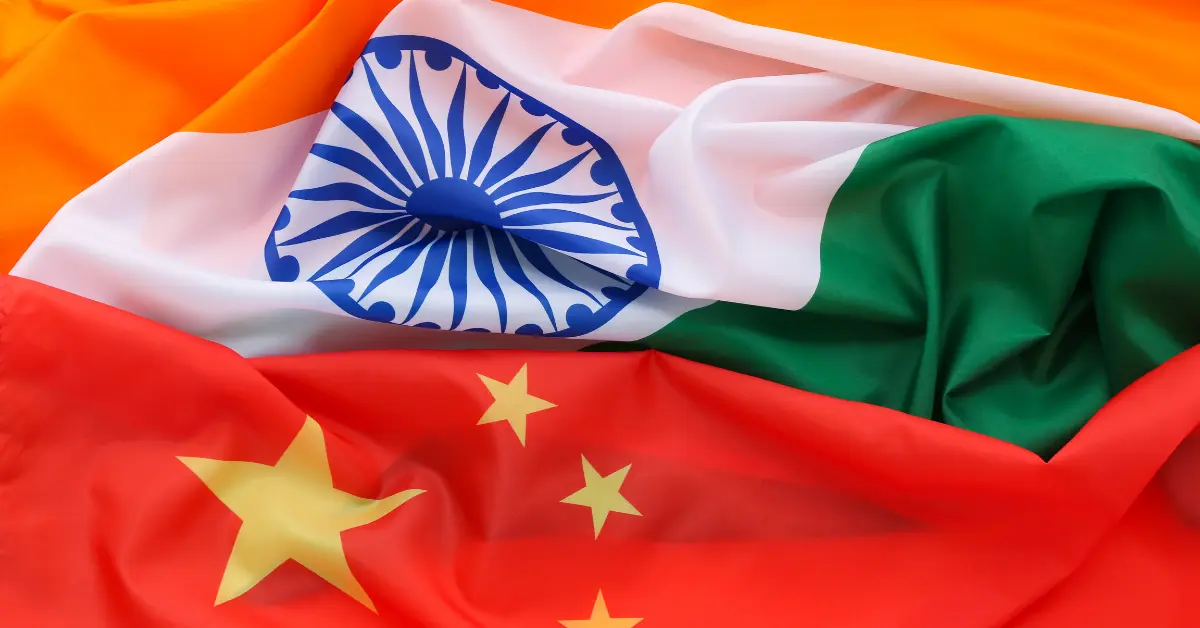In recent diplomatic developments, the United States has officially recognized Arunachal Pradesh as Indian territory, marking a significant stance amid the ongoing territorial disputes between India and China. This move comes as a strong assertion against China’s unilateral claims over the region and aims to bolster India’s sovereignty over Arunachal Pradesh.
In the past few years, the territorial disagreement between India and China regarding the northeastern state of Arunachal Pradesh has persisted, intermittently escalating into diplomatic conflicts and military tensions. The most recent verbal confrontation between the two major Asian powers underscores the intricate and sensitive nature of this enduring issue. India’s rebuttal to China’s unfounded claims regarding Arunachal Pradesh underscores a resolute stance in safeguarding its sovereignty and territorial integrity, stressing the importance of dialogue and diplomatic means to settle disputes.
Background of the Dispute Arunachal Pradesh:
Arunachal Pradesh, located in the northeastern part of India, has long been a point of contention between India and China. China claims the region as part of its territory, referring to it as “South Tibet,” while India maintains that Arunachal Pradesh is an integral part of its sovereign territory.
Recent Developments:
The recent announcement from a senior Biden administration official reaffirms the United States’ support for India’s territorial integrity. This statement follows Chinese Defense Ministry spokesperson Senior Colonel Zhang Xiaogang’s assertion of China’s claims over Arunachal Pradesh.
India’s Firm Stand:
India has consistently rejected China’s claims over Arunachal Pradesh, emphasizing its status as an integral part of the country. Prime Minister Narendra Modi’s visit to the region and the inauguration of key infrastructure projects demonstrate India’s commitment to asserting its sovereignty over the disputed territory.

Implications of U.S. Recognition:
The U.S. recognition of Arunachal Pradesh as Indian territory holds significant geopolitical implications. It strengthens India’s position in the face of Chinese assertiveness along the Line of Actual Control (LAC) and sends a clear message of support for India’s territorial integrity.
Infrastructure Development:
Prime Minister Modi’s visit to Arunachal Pradesh also highlights India’s efforts to improve connectivity and infrastructure in the region. The dedication of the Sela Tunnel, a vital strategic project, underscores India’s focus on enhancing border infrastructure to facilitate better movement of troops and supplies.
International Response:

The U.S. stance on Arunachal Pradesh has drawn attention from the international community, with various countries monitoring the situation closely. While some nations have voiced support for India’s sovereignty, others have maintained a cautious approach, considering the broader implications for regional stability.
China’s Objections:
China’s objections to the U.S. recognition reflect its continued assertiveness in territorial disputes. Despite international pressure, China remains steadfast in its claims over Arunachal Pradesh, viewing it as a strategic foothold in the region.
Also Read: Italian PM Meloni Demands €100K Damages Over Deepfake
India’s Rebuttal:
India has swiftly responded to China’s objections, dismissing them as baseless and reaffirming its sovereignty over Arunachal Pradesh. The Indian government’s unwavering stance underscores its commitment to defending its territorial integrity against external encroachments.
Prime Minister Modi’s Visit:
Prime Minister Modi’s visit to Arunachal Pradesh and the inauguration of key infrastructure projects signal India’s proactive approach to addressing strategic concerns in the region. The Sela Tunnel, in particular, symbolizes India’s resolve to bolster defense capabilities along the border.

